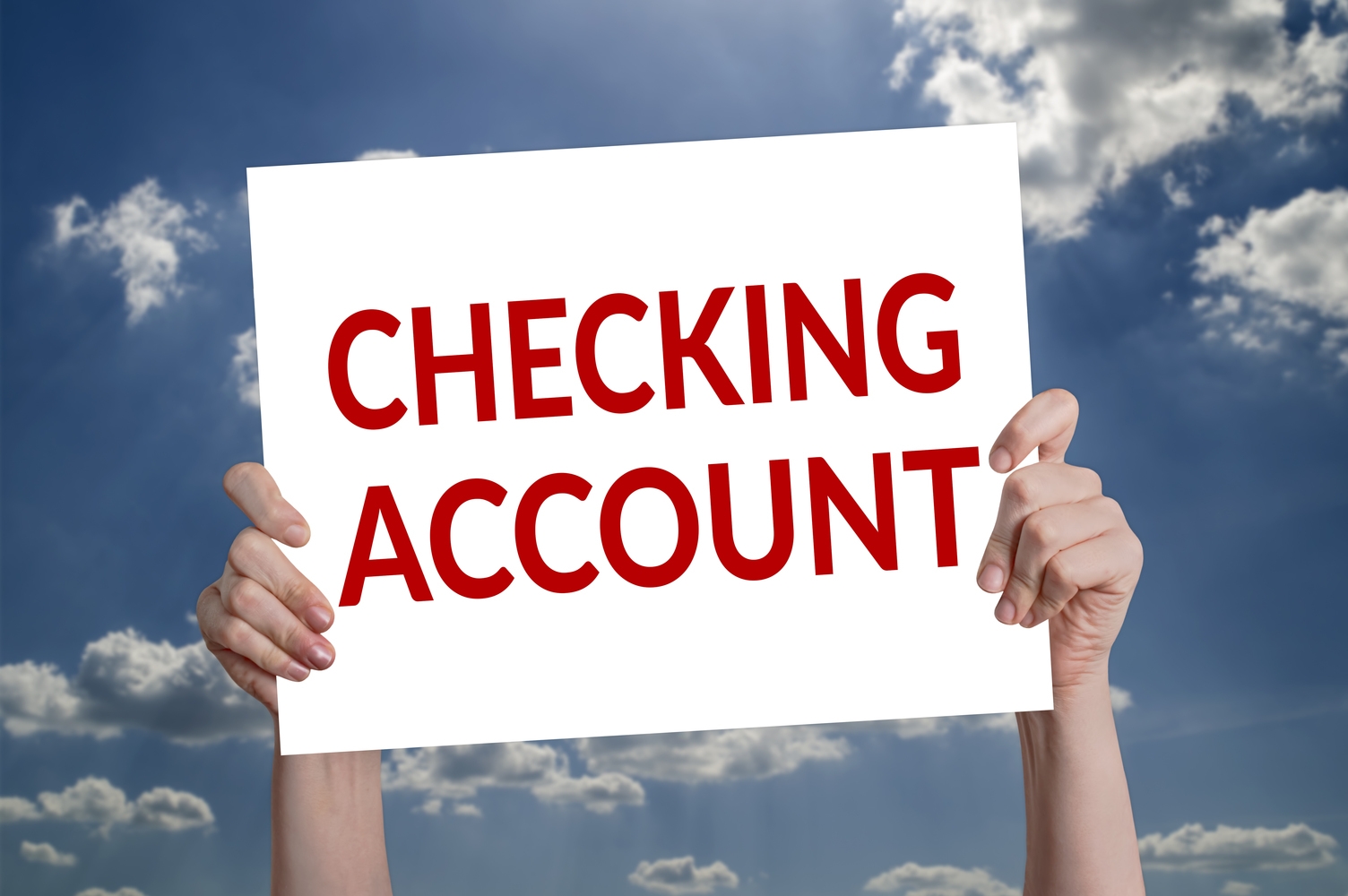Effective Strategies to Keep Track of Your Bank Account Balance
Learn comprehensive strategies to effectively monitor your bank account balance, ensuring financial security and accurate record-keeping. Discover practical tips involving online tools, manual methods, and monthly reconciliation to keep your finances under control and prevent errors or fraud.

Effective Strategies to Keep Track of Your Bank Account Balance
Maintaining a clear understanding of your bank account balance is a fundamental aspect of personal financial management. Regularly monitoring your deposits, withdrawals, and overall account activity not only helps you avoid overdraft fees but also serves as a critical security measure against unauthorized transactions and potential fraud. Staying vigilant about your bank balance empowers you to make informed financial decisions, plan your expenses effectively, and ensures that your finances remain under control.
Why Regularly Monitoring Your Bank Balance Is Essential
Being aware of your current financial standing allows for better budgeting and financial planning. By checking your account frequently—from online banking platforms, mobile apps, or bank statements—you ensure that your records match the bank's records. This practice helps you catch any errors or suspicious activity early, reducing the risk of financial loss.
Additionally, maintaining up-to-date information about your bank balance helps prevent common issues such as bounced checks, declined transactions, or overdraft fees. It also provides peace of mind, knowing your money is secure and your transactions are legitimate.
Adopting proactive strategies for monitoring your bank account can dramatically improve your financial health. Here are some comprehensive methods and tips to keep your account information accurate and up-to-date:
Utilize Online and Mobile Banking Tools: Most banks offer user-friendly apps and online portals that allow real-time access to your account balance. Enable notifications for deposits, withdrawals, and suspicious activities to stay informed instantly. Regularly logging in to check your balance is an effective way to stay updated, especially during busy periods or when managing multiple accounts.
Manual Record-Keeping: For those who prefer traditional methods, maintaining a check register or ledger can be highly effective. Record each transaction as it occurs—deposits, withdrawals, checks—and periodically reconcile these records with your bank statements. This practice helps you identify unauthorized or erroneous transactions early.
Reconcile Your Accounts Monthly: At the end of each month, compare your personal records with the bank statement. Confirm that all deposits and withdrawals align. Mark discrepancies immediately and contact your bank if you notice any irregularities. Proper reconciliation ensures your financial records are accurate and up-to-date.
Use Budgeting and Financial Planning Apps: Many apps integrate with bank accounts and offer tools for tracking expenses and managing budgets. Some even provide alerts if your balance drops below a preset threshold, helping you avoid overdrafts and unexpected charges.
Stay Organized and Consistent: Develop a routine for monitoring your bank balance. Set aside specific times weekly or bi-weekly to review your accounts. Keep copies of recent statements and transaction summaries organized for easy access and review.
Identify and Address Discrepancies Promptly: If you notice any errors, unauthorized transactions, or inconsistencies, contact your bank immediately. Early intervention can prevent further issues and secure your funds.
Security Precautions: Protect your online banking information with strong passwords, enable two-factor authentication, and avoid sharing sensitive data. Regularly update your device security to prevent hacking or phishing attempts.
In summary, effective bank account monitoring is a cornerstone of responsible financial management. By leveraging technology, maintaining regular manual checks, and staying organized, you can keep your finances secure and well-managed. Making this a monthly routine not only enhances your financial awareness but also guards against errors and fraud, providing peace of mind and financial stability over time.





